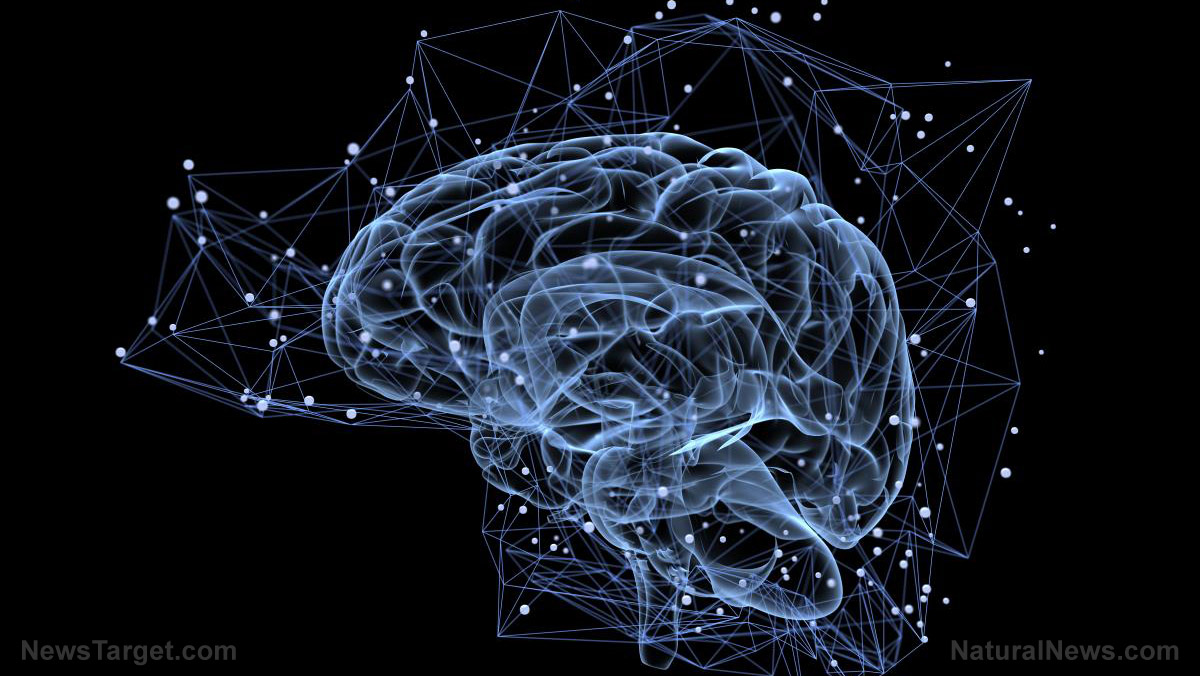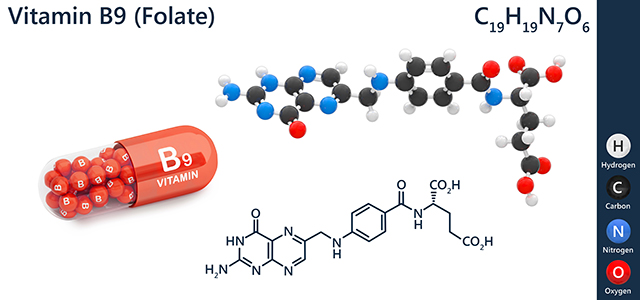Brain development study: An imbalance between GABA and glutamate can contribute to behavior issues, autism, seizures
02/08/2019 / By Russel Davis

An imbalance between glutamate and a brain neurotransmitter called gamma-aminobutyric acid (GABA) may hold clues to the onset of developmental disorders such as autism, behavioral issues, and seizures, according to a study published in the The Journal of Neuroscience. As part of the study, a team of researchers at the University of Alberta in Canada have examined the properties of GABA and have identified two specific genes called DLX1 and DLX2 that play a central role in regulating the neurotransmitter during brain development.
The scientists have noted that GABA is the most important inhibitory brain neurotransmitter, which is produced when the genes DLX1 and DLX2 stimulate an enzyme that readily converts glutamate into GABA. However, the research team has observed that mutations in the genes lead to abnormal brain maturation. According to the experts, the issues show up when an imbalance occurs between the inhibitory neurotransmitter GABA and the otherwise excitatory neurotransmitter glutamate.
The researchers have stressed that such an imbalance may trigger the onset of mutation, which in turn may be extremely detrimental if it occurs during embryonic development. As per the scientists, genetic mutations related to neurotransmitter imbalance may result in autism, seizure disorder, and behavioral issues.
“Our findings have potential implications for autism and seizure disorders that currently aren’t treatable — at least not by targeting GABA. GABA tells the brain to slow down. Glutamate tells the brain to speed up. A healthy brain is found in the balance. In some ways we have figured out how to turn on GABA. And if, going back to these diseases, we have a better idea of how to balance glutamate and GABA, we could potentially come up with new therapies for treating seizures and maybe even some children with autism,” senior author David Eisenstat stated.
The pediatrics expert has also pointed out that up to 25 percent of children with autism also suffer from seizure disorders. The findings may have opened new opportunities to address various developmental brain disorders by targeting their root causes.
“That’s not well understood. It’s not all because of GABA, that would be an oversimplification, but this hypothesis is worth further testing. I think we’ve unraveled a pathway to begin to take something that wasn’t druggable and make it druggable. I think in some ways, it’s coming up with smarter therapy,” Eisenstat added.
Drug that promotes GABA-glutamate balance may address autism
A study published in July 2017 suggests that taking the drug riluzole may help address the imbalance between GABA and glutamate, which in turn may result in marked improvements in patients with autism. Riluzole is traditionally used to alleviate a neuromuscular disorder called amyotrophic lateral sclerosis. A team of researchers at the King’s College London enrolled 17 autism patients and 20 controls as part of the study. The scientists then used a technique known as magnetic resonance spectroscopy in order to detect the magnetic signals generated by both GABA and glutamate.
The findings showed that riluzole helped increase the levels of GABA in relation to both glutamate and glutamine levels in patients with autism. The scientists also observed that the drug treatment led to a slight decrease in GABA levels in otherwise healthy controls. This suggests that patients with autism may be regulating the neurotransmitters differently than those without the disorder, the scientists have added. (Related: For a healthy brain and nervous system – Gotta hava GABA.)
“When we try to think about drug development in the future, we can’t assume that the mechanisms that we see in a typical brain necessarily apply to someone with autism. We need to understand the biology before we rush into clinical trials,” lead researcher Gráinne McAlonan stated.
Sources include:
Tagged Under: autism, behavioral disorder, brain function, brain health, GABA, Glutamate, Neurotransmitters, Riluzole, seizures



















